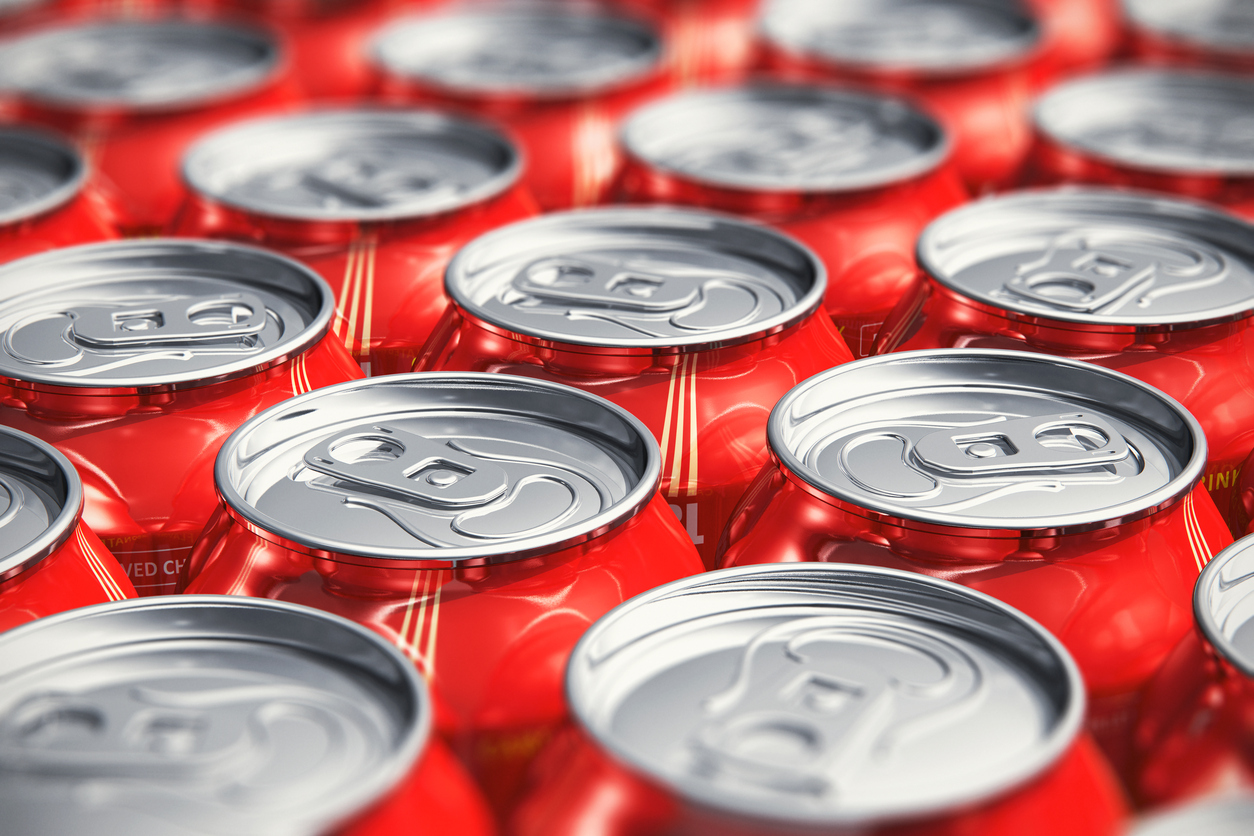Why Seniors Should Not Drink Soda
Occasionally in life, there is nothing more tempting than an ice-cold soda poured into a glass with ice, cubed or crushed, being up for debate. Most of the world has enjoyed the combination of sugar and carbonation that comprises most soda; however, soda can negatively affect oral health.
For those, both young and old, soda can harm the body, but particularly seniors. The consumption of soda for seniors can result in some uncomfortable results. Why?
Too Much Sugar Leads to Diabetes and Obesity
Soda is not only loaded with sugar but sugar’s ugly cousin, high fructose corn syrup. High Fructose corn syrup additives are one of the leading causes of diabetes in the United States. In a world study, countries that implemented the usage of high fructose corn syrup were about 20% more likely to become obese than those that used regular sugar.
A recent study at Harvard concluded that those who drink soda and other similar sugary drinks have a 26% greater chance of having diabetes than those who don’t. Consumption of soda can have adverse effects across the board.
Sugar in Soda Creates Acid
Sugar alone is neither acid nor alkaline and does not cause acid reflux, but sugar inside the makeup of a soda does. The carbonated bubbles of soda can increase pressure on the stomach, resulting in a reflux of acid in the esophagus. Furthermore, the PH levels in soda can be observed to be greater with a high level of sugars, meaning the combination of carbonatation and sugar create an acidic environment. Sugar combined with carbonation and phosphoric acid can cause a prolific acidic effect on the stomach and body.
Acid Erodes Tooth Enamel
Both gum health and tooth enamel are vital to flash those “pearly whites” in social settings. Acidic substances can have an erosive effect on tooth enamel, followed by pain/uncomfortably and ugly yellow discoloration. Soda’s acidic attributes can have a significantly adverse direct, compound, or tertiary effect on general dental well-being.
What Makes Soda Acidic
A combination of acidogenic and cariogenic elements is what causes soda to be acidic. Sugar itself does not tend to be alkaline or acidic but added in a carbonated environment with multiple other substances, it most definitely takes on acidic behavior.
Tips to Help Prevent Enamel Erosion
Sip Through a Straw: The best way to not erode your enamel is not to touch your enamel at all! Sipping through a straw is a traditional way to avoid any chemical introduction of soda acid and your teeths’ enamel.
Cheese and Milk: If you want to protect your enamel, finish your meal with something dairy-related. Cheese and milk are excellent desserts that are present in many different dishes. Take advantage of these dishes to counter the effect of any acid that you may have eaten.
Sugar-Free Gums and Candy: If the gum is your thing, it’s better to chew the sugarless peppermint gum than something with active sugar. Sugar-Free gum is non-cariogenic, meaning that acid and enamel erosion is kept to a minimum.
Healthy General Diet: A fruits and veggies-focused diet is a diet that will not experience enamel erosion or tooth decay. Concentrate on the bottom of the food pyramid and avoid the top with sugars and fats.
Other Downsides of Soft Drinks
Obesity: Sweetened drinks have higher sugar and caloric intake than typical drinks or water. Furthermore, the body does not register how many calories you intake into your body with sweet drinks and sodas. Thus, with soda, one can drink many bottles, yet the effects are not seen until later in the form of obesity.
Acid: The combination of acidogenic and cariogenic elements can cause acid. Not only does this have an effect on tooth enamel but general bodily function.
Dehydration: Caffeine is a diuretic, which leads to dehydration when drinking soda. Although soda fundamentally does not dehydrate, assorted outside chemicals in most sodas, including caffeine, can cause it.
Sleep Patterns: The caffeine, sugar, and nacturia can lead to sleep patterns with soda that are a bit left of ordinary. If one drinks soda in the afternoon, there is a good chance they will toss and turn into the evening, having a dire impact on the body’s homeostasis.
Conclusion
The most crucial facet of growing older is being self-aware and realizing that some of the diet choices you might have made before are not applicable at this stage in life. Soda is a refreshing drink, but the cost is too much to pay for a senior.


